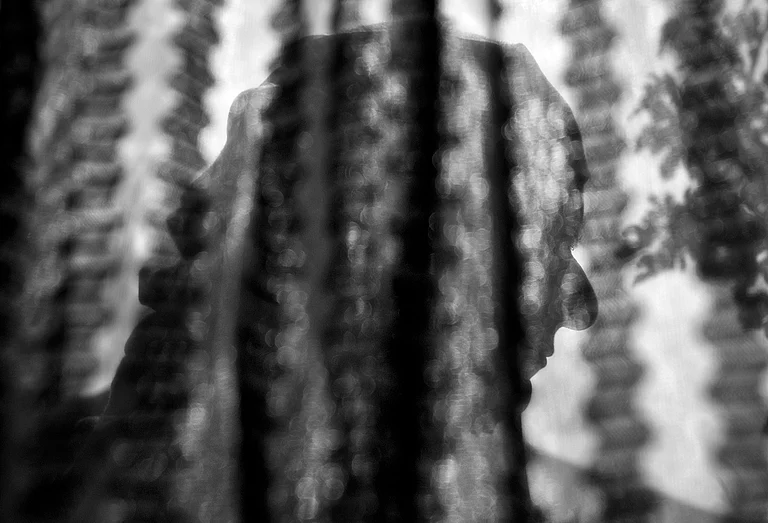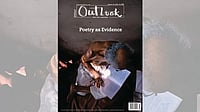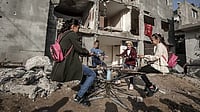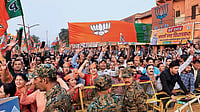How do you see India’s role in Nepal’s latest political crisis?
The Nepalese looked positively towards India because of its role in the signing of the 12-point agreement (between the Maoists and seven mainstream political parties). But it played a very negative role now and openly went against our move to establish civilian supremacy in the army chief episode. This has angered the Nepalese; India has lost the respect it once earned. India blundered, that’s what people think.
So, have the Maoists changed their opinion about India?
Obviously, the Nepalese will not respect India if it tries to play mischief on issues related with democracy and the interest and dignity of Nepalese. Under no circumstances will the Maoists condone what India tried to do against the principle of civilian supremacy—and in favour of the armed force’s supremacy. Indians are busy in elections right now, but the Indian establishment’s role has earned it the anger and wrath of the Nepalese people. I hope Indians will take note of it.
But India too seems to be angry with the Maoists now?
It’s not a matter that concerns us alone but all Nepalese. If India is in favour of democracy and the peace process in Nepal, it has no reason to go against, or get angry, with the Nepalese.
Prime Minister Dahal and you met Indian ambassador Rakesh Sood over and over again on the army chief issue. Why give him so much importance on an internal issue?
As ambassador of the neighbouring country, it was only natural for us to give him more importance compared to others. We were hoping all this while that we will be able to convince him and secure India’s positive response towards the general interest of Nepalese and that of our nationalism. But we were clearly disappointed.
What will be the Maoist’s next move now that the prime minister has resigned?
We will struggle to establish civilian supremacy. We will take the current situation—a situation that has seen the violation of the principle of civilian supremacy—to its logical end. The army must be kept under the elected machinery. The president has created a parallel power centre. That should end. He should apologise. In a country which has a prime ministerial system, the president cannot overturn the prime minister’s decision. We won’t let him continue with that power centre.

























